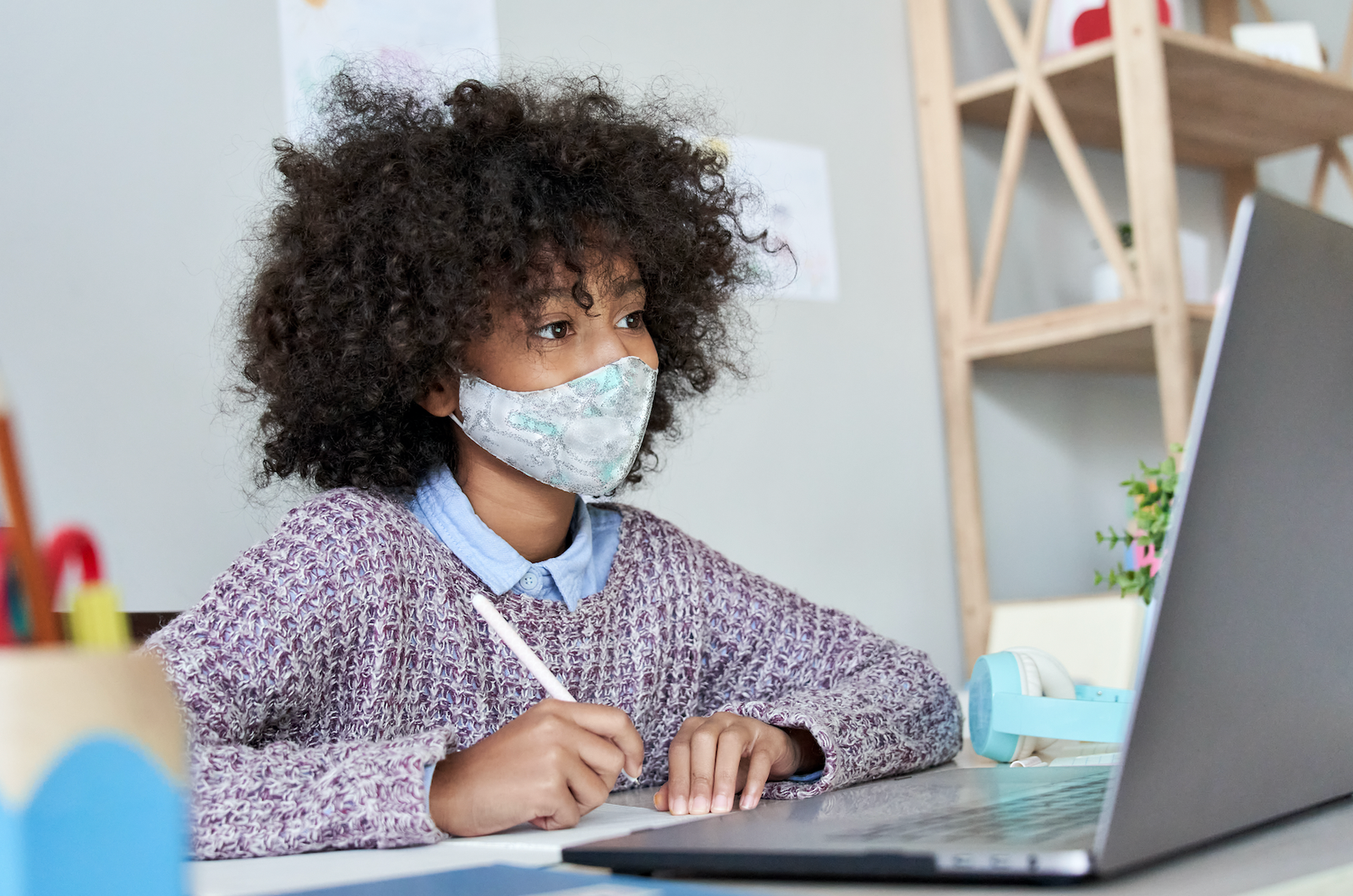National exam results to be released in December
NASSAU, BAHAMAS — Like many students across the globe, the ongoing coronavirus pandemic and the new reliance on digital learning tools has widened the learning gap and could see some students repeat a grade, according to Minister of Education Jeffrey Lloyd.
“Of course, we are concerned,” he said in an interview with Eyewitness News.
“It would be ignorant and foolish to ignore the potential harm and disadvantage that the recent events in our country — Hurricane Dorian, and the pandemic — have visited upon our people, particularly our students.
“It would be highly, highly disingenuous for anyone to sincerely ignore the deficiency that our students will suffer because of it.
“Abaconians and Grand Bahamians in particular as a result of Dorian, having been displaced in September of last year and traumatized by the category from hell, and then within six months of that, you are now thrust into a virtual learning experience for which many of our people were not prepared, could not see it coming.

“So, obviously there has been some negative impact suffered.”
However, Lloyd said notwithstanding the negative effects of the natural disaster and health crisis, a large percentage of students have adapted and been resilient in coping to continue their education.
Virtual learning has as many as 70 percent participation.
“I believe we all agree that nothing replaces in-person, face-to-face learning. It meets the myriad of needs of humanity, the emotional, psychological, cultural, physical and intellectual needs — nothing replaces that.
“But if there must be a second best as we are forced to activate, then the virtual online learning was simply that, and we have and are doing exceedingly well.”
He added: “That’s the story, a tremendous demonstration of remarkable resilience in the face of this.
“And each day, they are improving and becoming more adept at negotiating this online, virtual learning, teaching experience. As time goes on, we will master it.”
While addressing the media outside the Churchill Building yesterday morning, Lloyd was asked whether students who have not participated in virtual learning — around 30 percent — could repeat.
“That is a concern to us,” the minister said.
“That is why we are working feverishly to return as quickly as possible to in-person learning and we hope to be able to activate either our hybrid model or full face-to-face model by the beginning of the second term (January 1).”
He also advised that the national examination results are expected to be released next month.
Schools reopened on October 5 after being closed since the onset of the pandemic in mid-March.
For New Providence and Abaco, only virtual learning was permitted.
Around 65 percent of the country’s student populace reside on the two islands.
In recent weeks, Exuma and Eleuthera have returned to virtual learning due to a rise in cases.
Lloyd told Eyewitness News on Monday a pilot program will be launched for in-person learning in numerous schools on New Providence and Abaco come January.
Yesterday, the minister said the return to a hybrid model of learning, with some teaching in-person and others learning at care centers virtually and alternating, will represent a “phenomenal impetus and shot in the arm in the educational experience, particularly for students in the pre-primary and primary years of their learning”.
Some experts have reported that reduced interaction with teachers and digital distractions have widened learning gaps in numerous jurisdictions where virtual learning is being facilitated.
To this, the minister said: “Some students are going to have to catch up, especially that 25 to 30 percent who would not have been in school, who would have obviously been at some disadvantage, naturally.
“Teachers are more than prepared to assist in that regard and have been assisting as they are now able to get online, get in school. Every day, the ministry is providing devices, so every day more and more students are joining their classes and are catching up, both in the public and private schools.”
The Ministry of Education has provided electronic devices to well over 10,000 students.
It has committed to providing all public school students, with the assistance of its private sector partners, with such devices.






